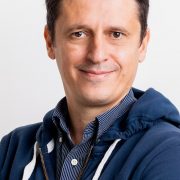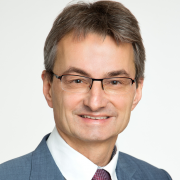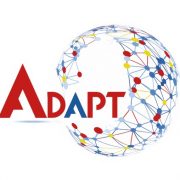The Fast Multi-Resolution and Multi-Rate Encoding for HTTP Adaptive Streaming Using Machine Learning paper from ATHENA lab has won the Best New Streaming Innovation Award in the Streaming Media Readers’ Choice Awards 2021.

The journey that led to the publication of the FaRes-ML paper was quite an insightful one.
It all started with the question, “How to efficiently provide multi-rate representations over a wide range of resolutions for HTTP Adaptive Streaming?“. This led to the first publication, Fast Multi-Rate Encoding for Adaptive HTTP Streaming, in which we proposed a double-bound approach to speed up the multi-rate encoding. After analyzing the results, we saw room for improvement in parallel encoding performance, which led to the second publication Towards Optimal Multirate Encoding for HTTP Adaptive Streaming. The results were promising, but we believed we could improve the encoding performance by utilizing machine learning. That was the primary motivation behind our third paper, FaME-ML: Fast Multirate Encoding for HTTP Adaptive Streaming Using Machine Learning. In FaMe-ML, we have used convolutional neural networks (CNNs) to use the information from the reference representation better to encode other representations, resulting in significant improvement in the multi-rate encoding performance. Finally, we proposed FaRes-ML to extend our FaME-ML approach to include multi-resolution scenarios in Fast Multi-Resolution and Multi-Rate Encoding for HTTP Adaptive Streaming Using Machine Learning paper.
Here is the list of publications that led to FaRes-ML:
- Fast Multi-Rate Encoding for Adaptive HTTP Streaming. Published in DCC’20.
- Towards Optimal Multirate Encoding for HTTP Adaptive Streaming. Published in MMM’21.
- FaME-ML: Fast Multirate Encoding for HTTP Adaptive Streaming Using Machine Learning. Published in VCIP’20.
- Fast Multi-Resolution and Multi-Rate Encoding for HTTP Adaptive Streaming Using Machine Learning. Published in IEEE OJ-SP.









